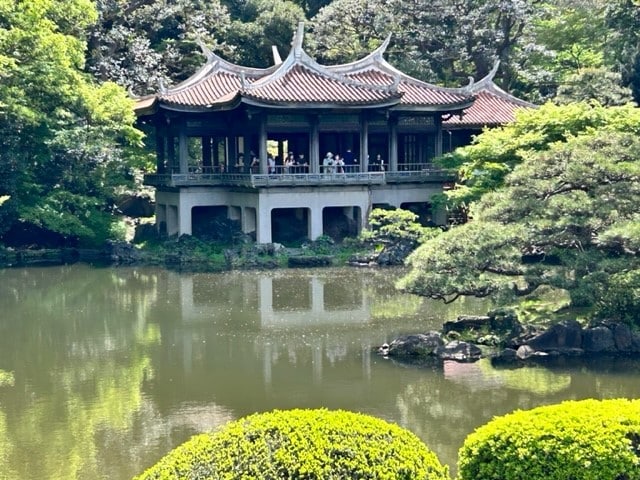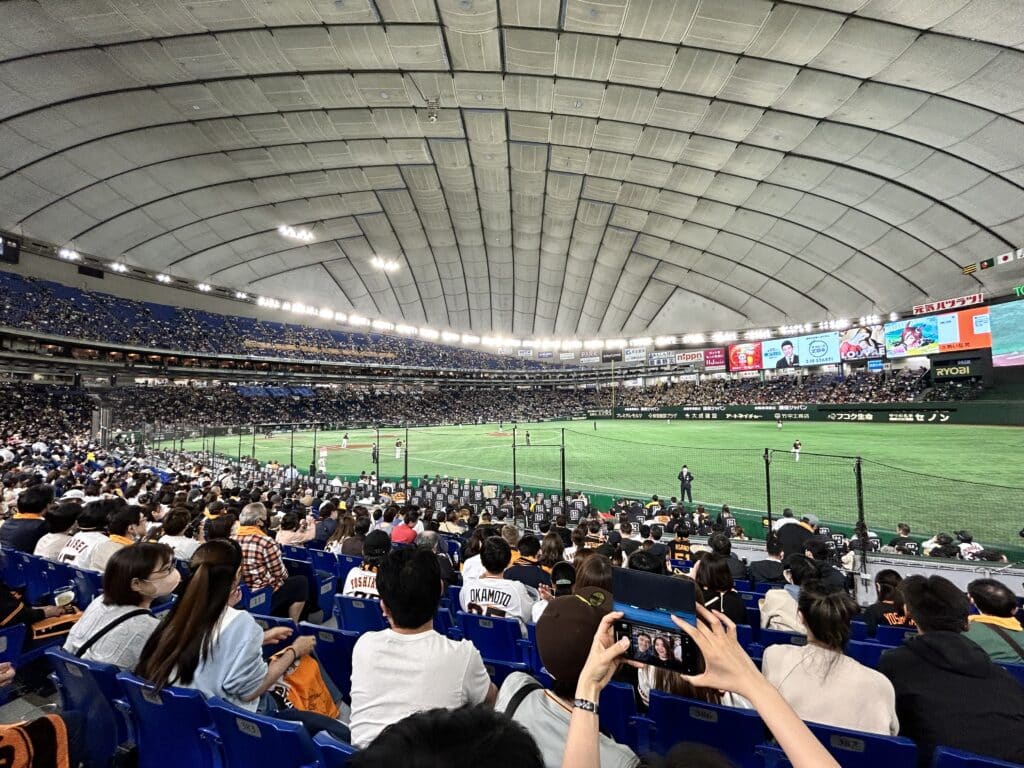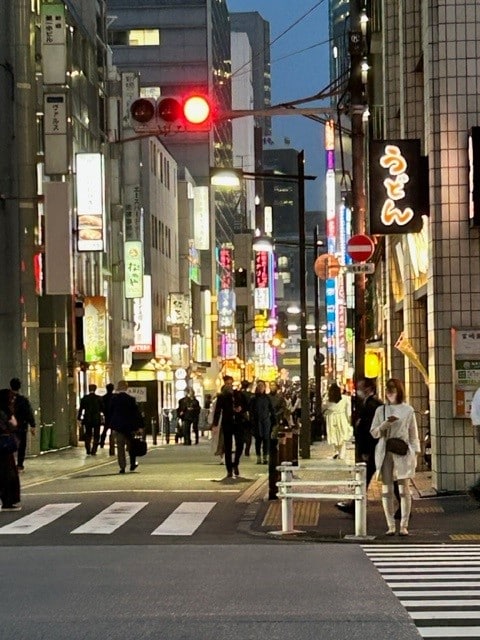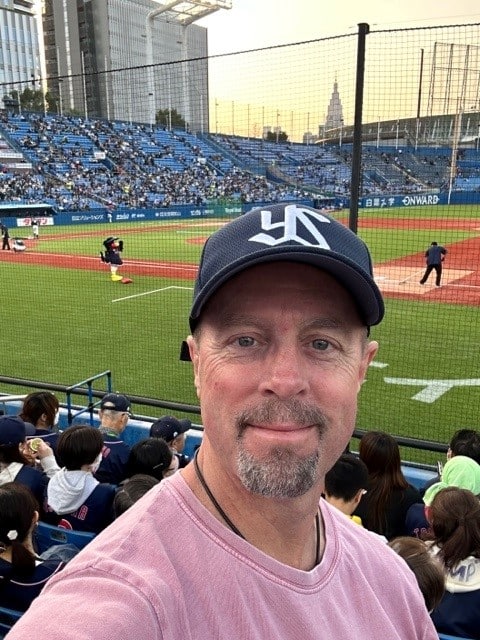
However, on this trip, I wanted to be much more intentional about spending quality time with my family since this was our first trip back to Japan since the pandemic, and I hoped to enjoy every minute of it. So, I found myself taking a different approach to managing my work-life balance from the other side of the world.
I didn't spend extended periods of time glued to my laptop to stay on top of projects or answer work-related emails as soon as I received them. To probably no one's surprise, I found myself with far more free time than I ever remember having on my previous trips. Why? Because I wasn't trying to squeeze a vacation in between work while on my vacation! Sounds silly just reading it.
The changes I made weren't significant in terms of action steps, but they were significant in how they impacted my time management, enjoyment, and relaxation.
Here are the seven lessons I learned on this trip that helped me appreciate my traveling experience much more than in years past, in no particular order:
7. I made sure to delegate decision-making to other team members or organizational leaders. By constantly communicating with my team before my trip and setting manageable project timelines, there were no surprises while I was away that required my immediate attention. And if a decision had to be made, I was confident my team knew how they should respond and that I was comfortable with their ability to make the right call. This allowed me to be very selective with what messages I felt required a response before my return.
6. On the heels of #7, I tried to be intentional about only responding to messages that could not wait or required very simple replies. And as it turned out, that was very few. If I did respond or ask a question, it was generally because I wanted to, not because I had to.

5. I must admit, lesson #5 was my hardest struggle, but I got better at it as the days went by: I made an effort to not check my messages until after my family, and I finished with our plans for the day. This was especially challenging when we were just sitting on the subway in between stations, and even just having a conversation was difficult because doing so on the subway in Tokyo is not a common practice. During those times, when checking and responding to messages would normally be very easy and natural, I instead tried to pull up a gaming app or an article to read online to ease my twitchy fingers.

4. Very important lesson: I made sure to turn my phone off at night. Primarily because the middle of the night in Tokyo is the middle of the workday in Washington, DC. My phone would have been pinging off the hook or vibrating incessantly if I didn't turn it off. From past experience, I knew that if I started responding to messages at 2 o'clock in the morning, I would never be able to get back to sleep. I admit that I did experience some mobile phone withdrawal early in the trip because during the first few days, my body clock had to acclimate to the new time zone, so I was often awake at 2:00 AM anyway. But I needed to be disciplined in order to get in some quality sleep and prepare for the next day's activities.

3. I had to accept that just because I bring my cell phone everywhere, I don't have to turn it on. Period! We're all attached at the hip to our mobile devices. Expecting that you can leave it in the safe at the hotel is just unrealistic, and in the case of an emergency, you need to have it with you. But that doesn't mean you always need to have it turned on until you intend to use it.

2. If I had to respond to an email or a text, I tried to give very clear, concise answers or directions to avoid a lot of unnecessary back-and-forth dialogue. If a reply required more discussion than I wanted to engage in (at the expense of my sleep or family time), I tried to leave it until I returned.
1. I didn't bring my laptop. And you know what? I didn't miss it. Not one bit.

I certainly wasn't totally successful at being consistent with this lesson plan, but the fact that I made a genuine effort to unplug as much as possible made my trip far more enjoyable, my family much happier, and it gave me surprisingly more time to appreciate both.